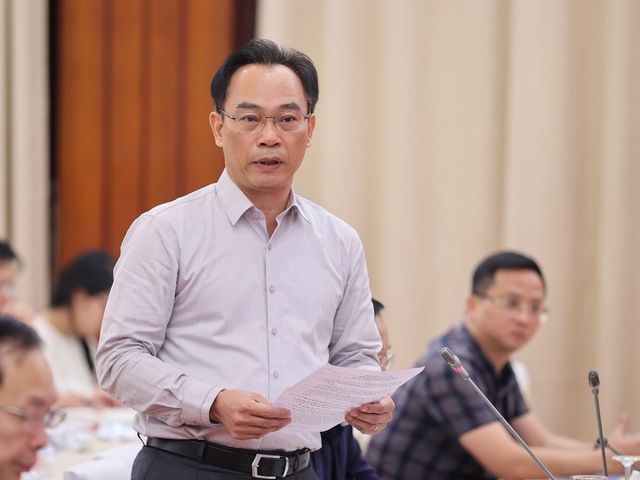
Regarding the approach, viewpoint and development orientation of this Law on Teachers, first of all, the Ministry complies with and closely follows the policies, orientations and viewpoints on law-making, the latest viewpoint being the direction and emphasis of the Politburo, the National Assembly and the Government.
That is, we build laws not only for management but also for development and creation. The Ministry of Education and Training approaches by renewing the perspective on teacher development. This is the core force of the education sector. If we want to fundamentally reform education and training, we must reform the way we manage and develop teachers, which determines the quality of education and training.
The viewpoint is to shift from management by administrative tools to management by expertise and quality tools; shift from personnel management to human resource management. We do not just consider teachers as civil servants but they are real teachers, with knowledge and skills to impart, develop and disseminate knowledge, develop people and develop human resources for the country.
The Deputy Minister added that this morning, when discussing in groups, the education and training sector was very pleased to have General Secretary To Lam directly give instructions at the group of the Hanoi National Assembly Delegation.
The General Secretary emphasized that the Law on Teachers plays a very important role. In addition to the content that the Ministry of Education and Training has carefully prepared under the direction of the Government, which basically meets the requirements, it is necessary to upgrade this Law on Teachers. The General Secretary also emphasized 5 contents and requested the Ministry of Education and Training to report to the Government to upgrade and deepen these contents.
The first is to thoroughly understand the strategic role of teachers.
The second is to clarify the relationship between students and teachers, specifically, if there are students, there must be enough teachers and enough schools.
Third is to clarify and deepen the view that teachers are also scientists. In addition to disseminating knowledge, they must also study and research on their own to develop knowledge and adapt to new requirements.
Fourth is the requirement for international integration. In Conclusion 91 of the Politburo summarizing Resolution 29 on fundamental and comprehensive innovation in education and training, there is a very important content that English should be gradually made the second foreign language in schools. Teachers must also have an approach to international integration, first of all, they must be equipped with foreign language skills, English, other skills for international integration, and digital skills to use advanced tools in education.
Finally, the General Secretary emphasized policies for teachers, especially policies for teachers to serve lifelong learning. We talk about lifelong learning and people of all ages can learn. Therefore, a good teacher, with high capacity and qualifications, should also have policies so that they can contribute regardless of age. And especially pay attention to policies and regimes for teachers in remote, isolated and extremely difficult areas. These will contribute to improving the quality of education and training in remote areas, contributing to local socio-economic development.
With that spirit, the Ministry of Education and Training seriously, receptively and fully accepts the opinions of the General Secretary as well as the National Assembly deputies and society to continue to perfect, improve the quality and raise the level of the Law on Teachers so that in the coming time it can be reported to the Government and submitted to the National Assembly for approval at the upcoming session in May.
As for medical staff and accountants at schools, they are also civil servants. These medical staff and school accountants are not teachers, so they do not enjoy the current preferential policies for teachers. The Ministry of Education and Training has recently reviewed and coordinated with ministries and branches to advise the Government to amend a number of policies, especially the salary regime for civil servants in the education sector in general and teachers in particular.
One is to research and propose that school staff receive a vocational allowance appropriate to their position and job, commensurate with the nature and level of training.
Second, continue to review and assess the complexity of school staff positions to serve as a basis for adjustment according to current regulations, contributing to improving income.
Third, to solve the difficulties for school health and accounting staff, the Ministry has issued a document requesting the People's Committees of provinces and centrally-run cities to pay attention to directing advisory agencies to organize and organize under their authority the consideration of promotion of professional titles for school officials and staff according to regulations to ensure benefits, contribute to improving income for this team, and at the same time have specific policies for each locality to support, contribute to increasing income, stabilize life so that they can work with peace of mind.
Source: https://kinhtedothi.vn/lam-sau-sac-5-noi-dung-cot-loi-cua-luat-nha-giao.html


![[Photo] General Secretary To Lam attends conference to meet voters in Hanoi city](https://vstatic.vietnam.vn/vietnam/resource/IMAGE/2025/4/17/889ce3da77e04ccdb753878da71ded24)
![[Photo] Hundred-year-old pine trees – an attractive destination for tourists in Gia Lai](https://vstatic.vietnam.vn/vietnam/resource/IMAGE/2025/4/17/25a0b7b629294f3f89350e263863d6a3)
![[Photo] Prime Minister Pham Minh Chinh and Ethiopian Prime Minister visit Tran Quoc Pagoda](https://vstatic.vietnam.vn/vietnam/resource/IMAGE/2025/4/17/18ba6e1e73f94a618f5b5e9c1bd364a8)
![[Photo] President Luong Cuong receives UN Deputy Secretary General Amina J.Mohammed](https://vstatic.vietnam.vn/vietnam/resource/IMAGE/2025/4/17/72781800ee294eeb8df59db53e80159f)
![[Photo] President Luong Cuong receives Lao Prime Minister Sonexay Siphandone](https://vstatic.vietnam.vn/vietnam/resource/IMAGE/2025/4/17/337e313bae4b4961890fdf834d3fcdd5)
![[Photo] President Luong Cuong receives Kenyan Defense Minister Soipan Tuya](https://vstatic.vietnam.vn/vietnam/resource/IMAGE/2025/4/17/0e7a5185e8144d73af91e67e03567f41)
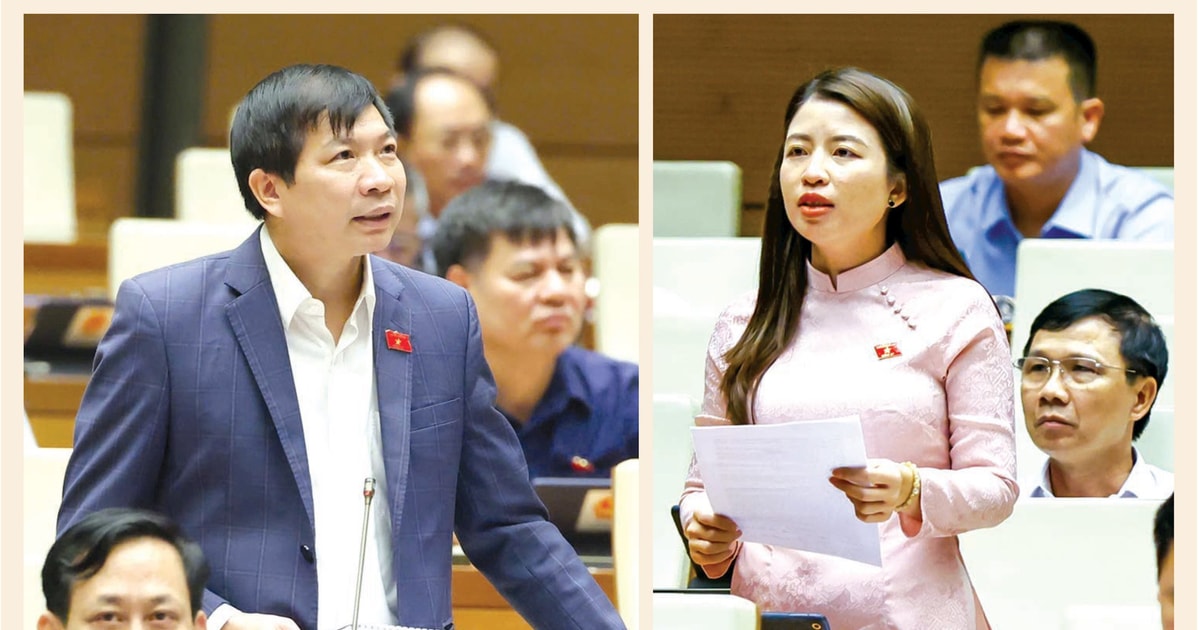




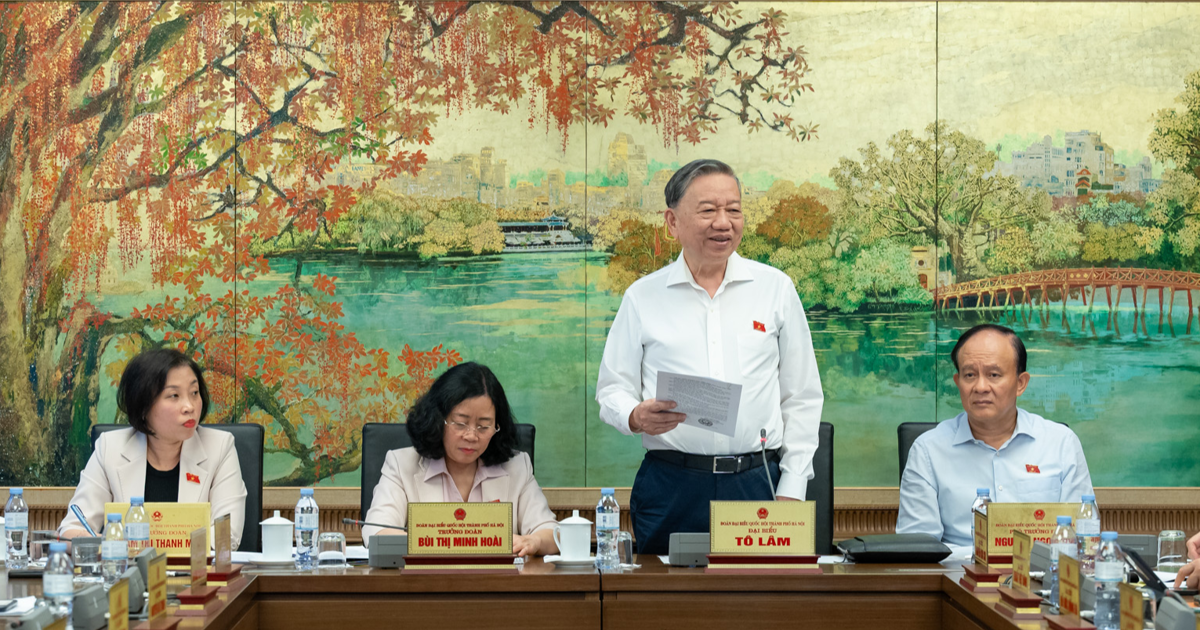
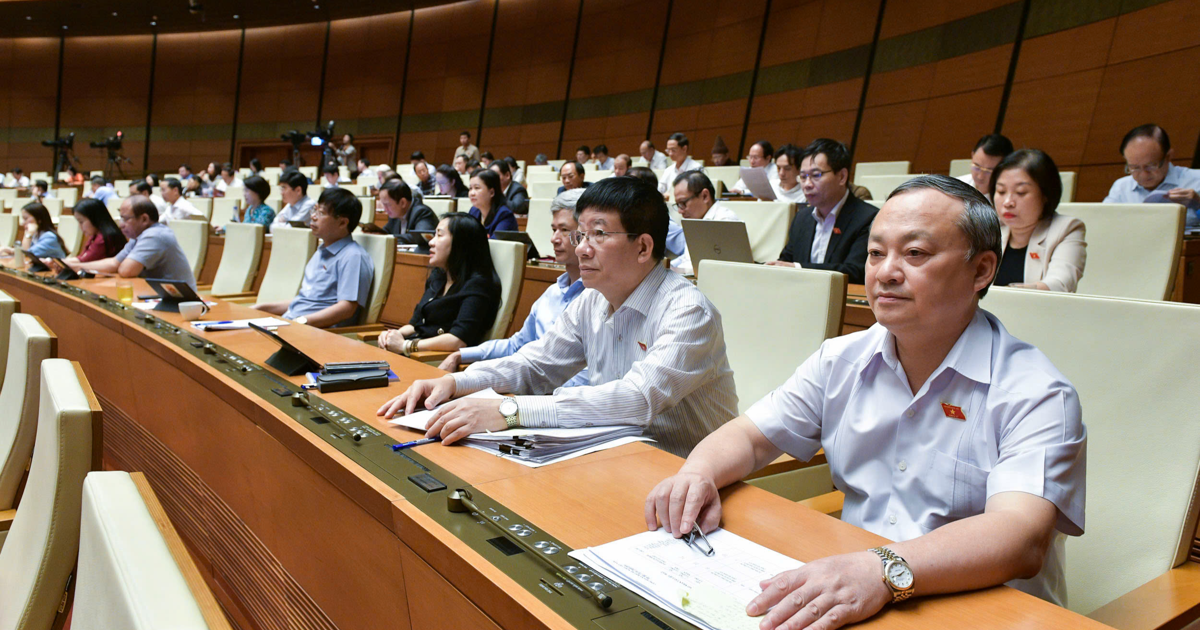
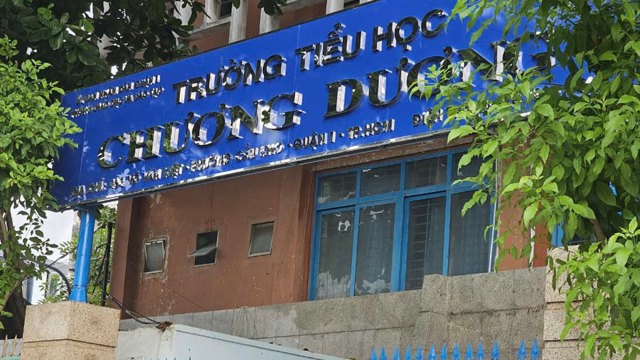

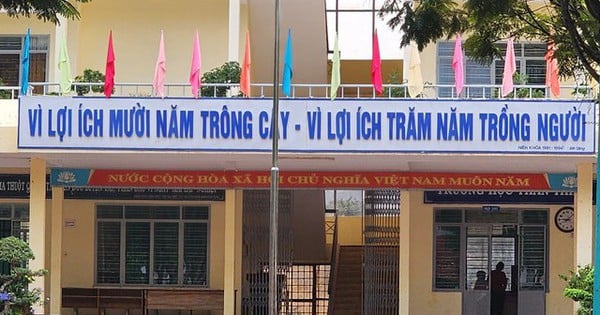
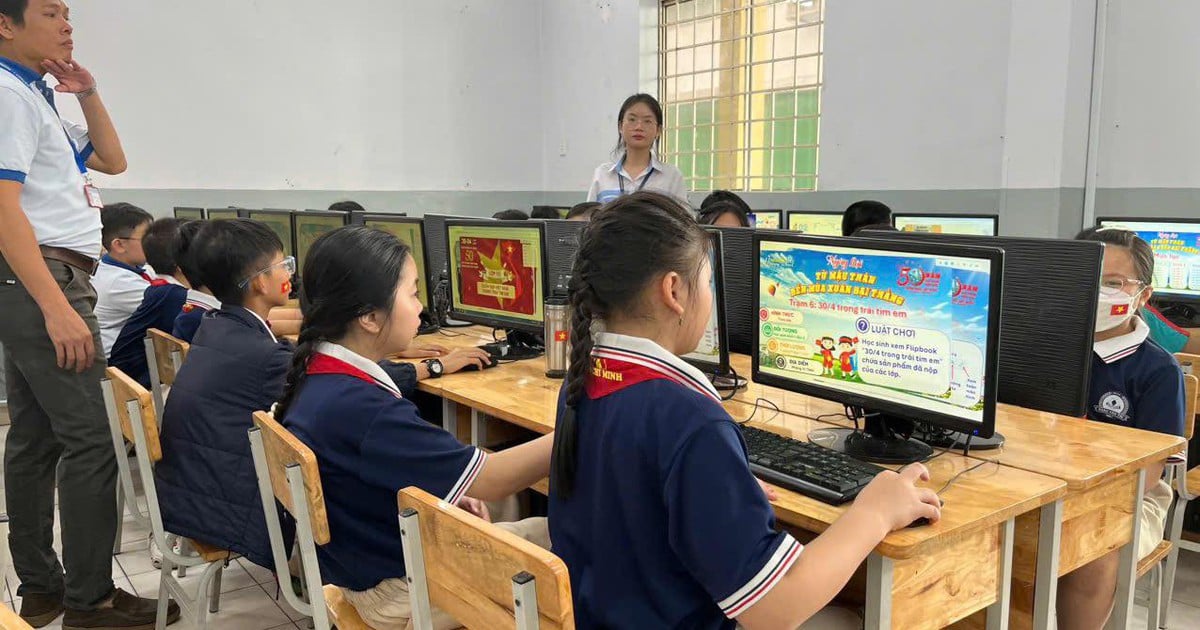

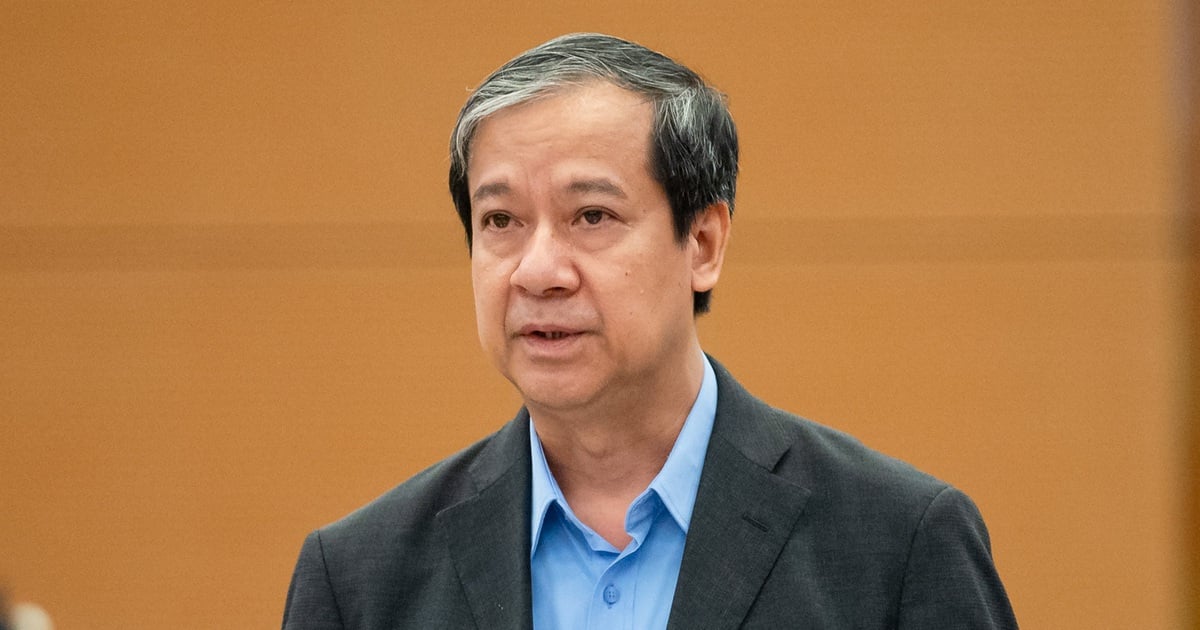
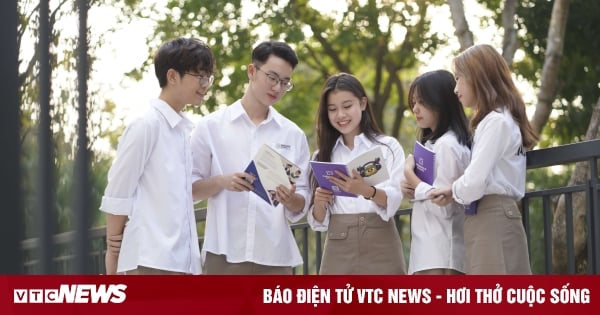






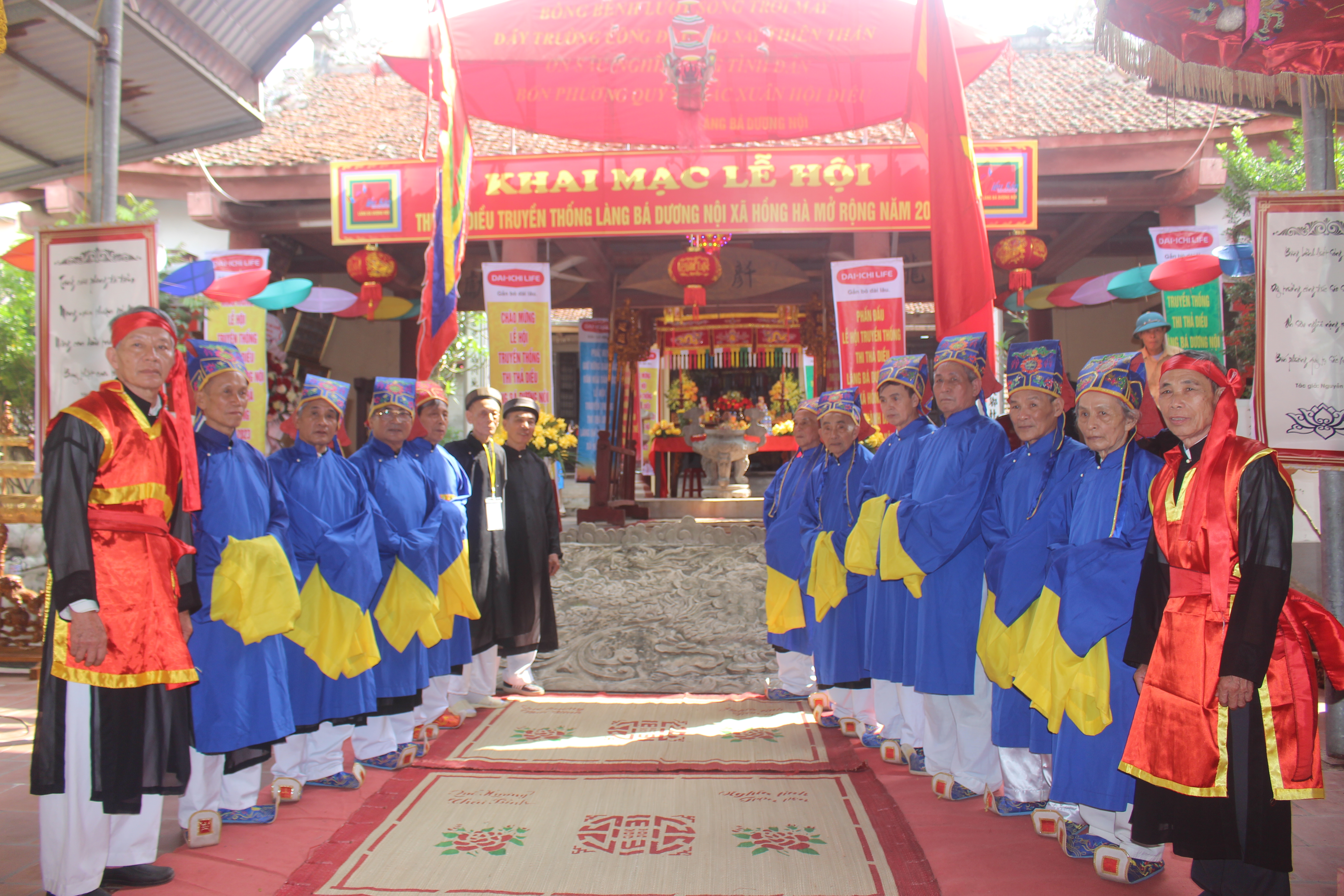

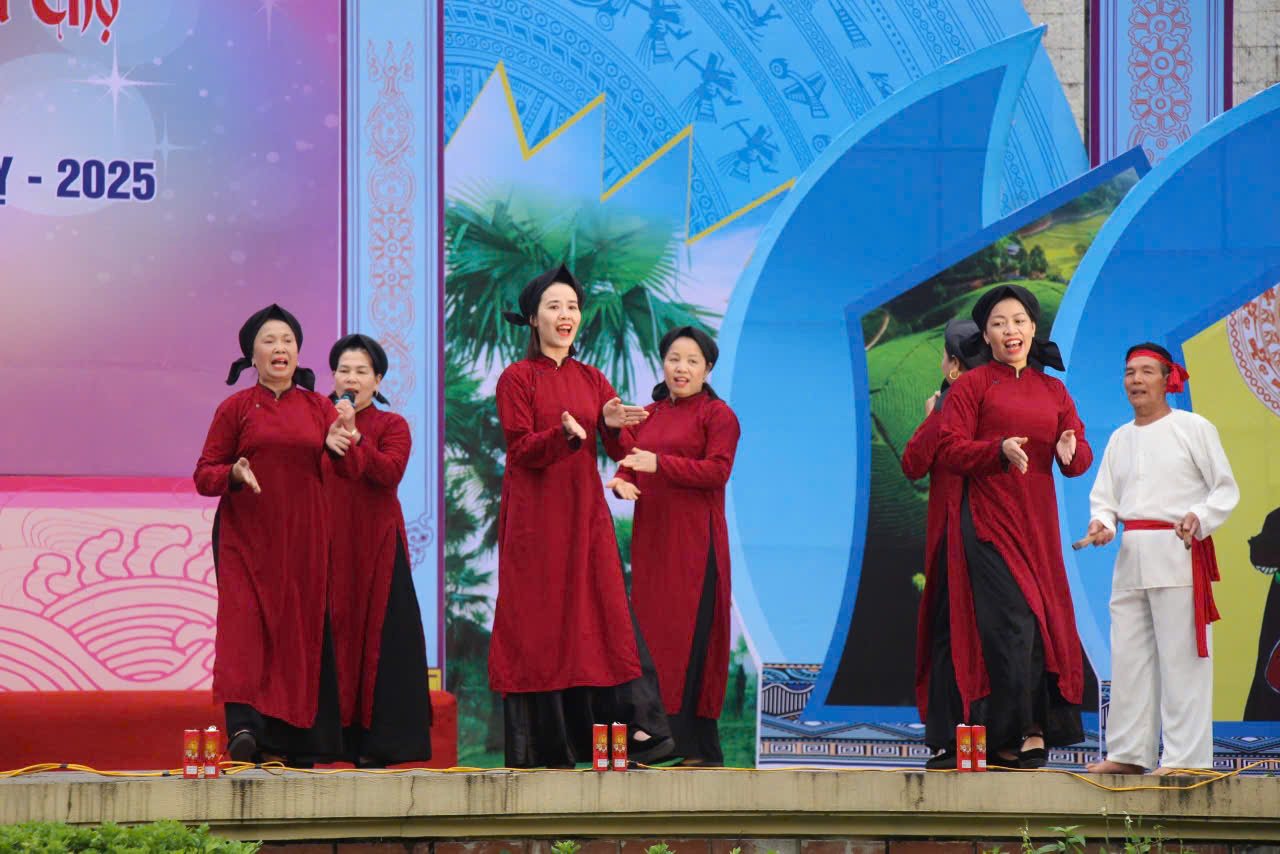









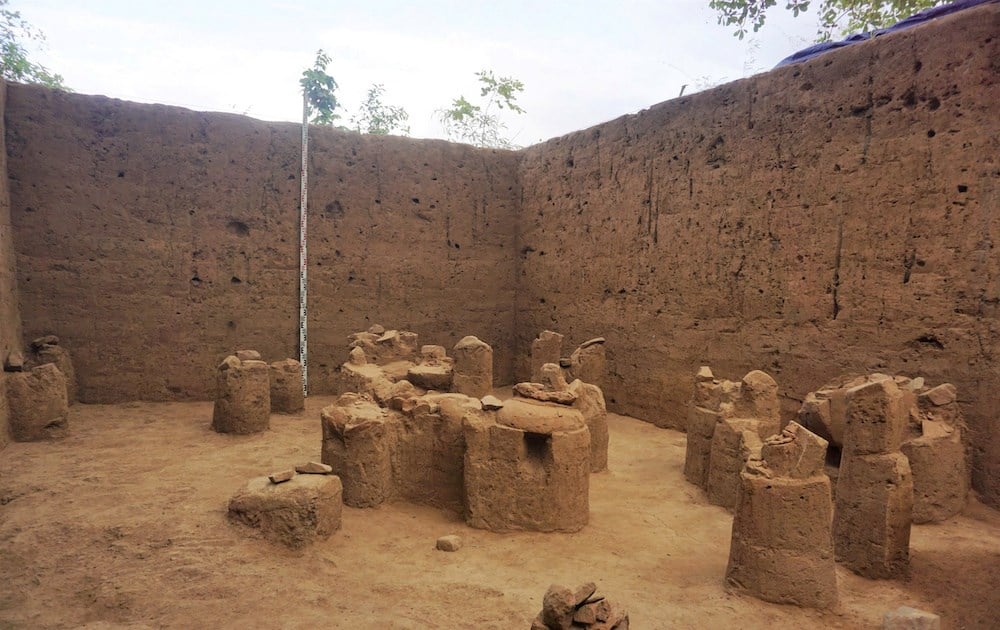







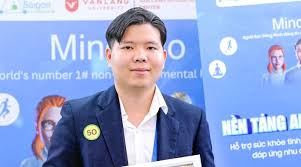

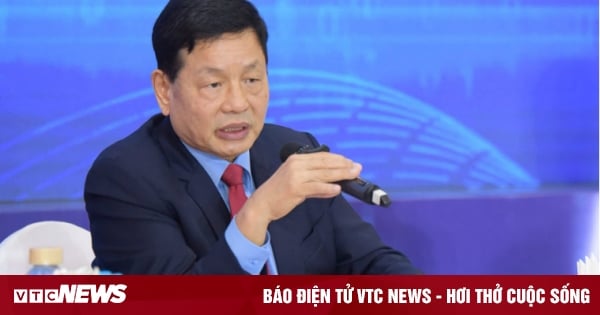





![[Video] Viettel officially puts into operation the largest submarine optical cable line in Vietnam](https://vstatic.vietnam.vn/vietnam/resource/IMAGE/2025/4/17/f19008c6010c4a538cc422cb791ca0a1)
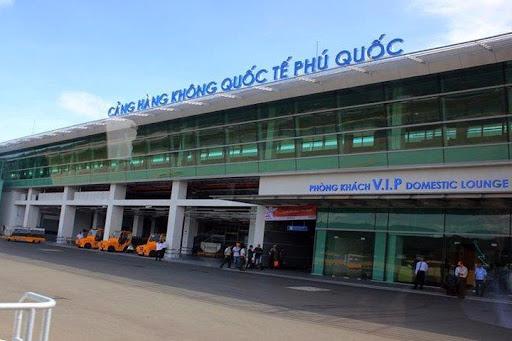



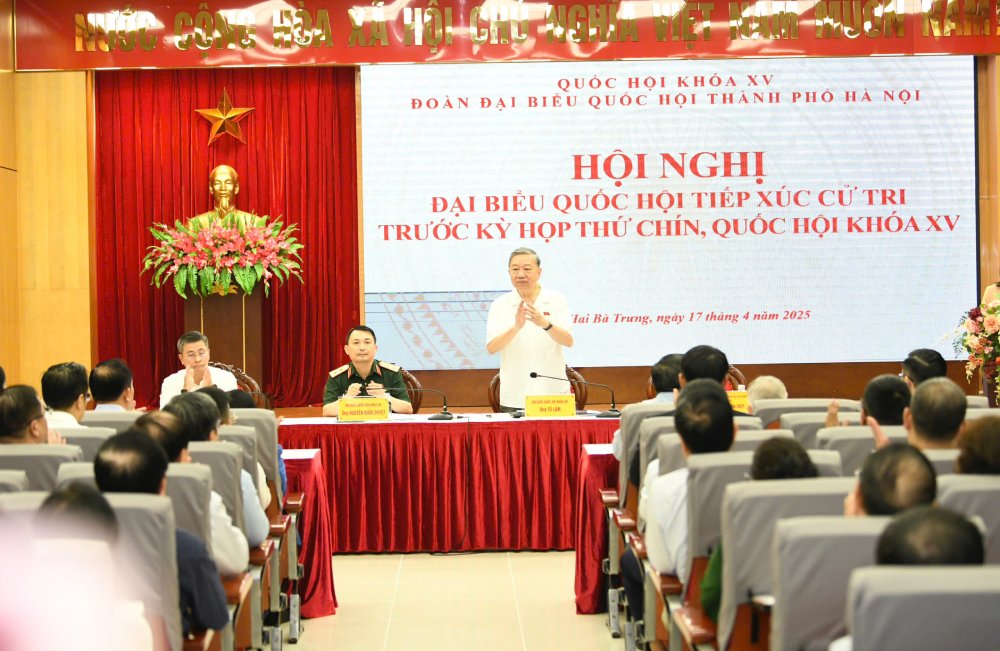

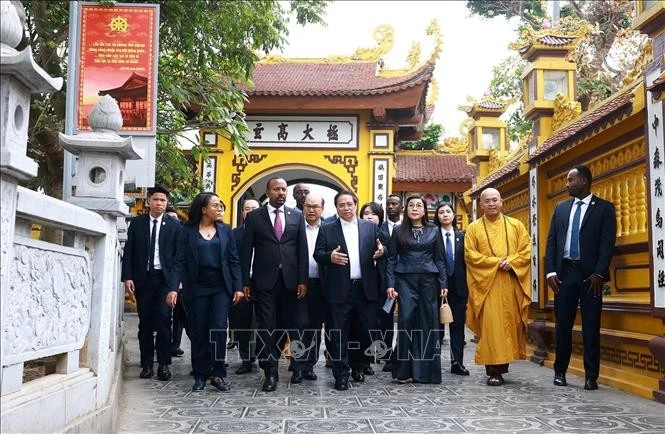

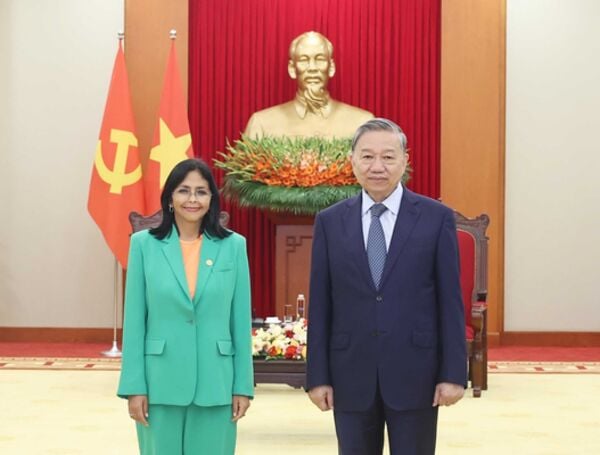

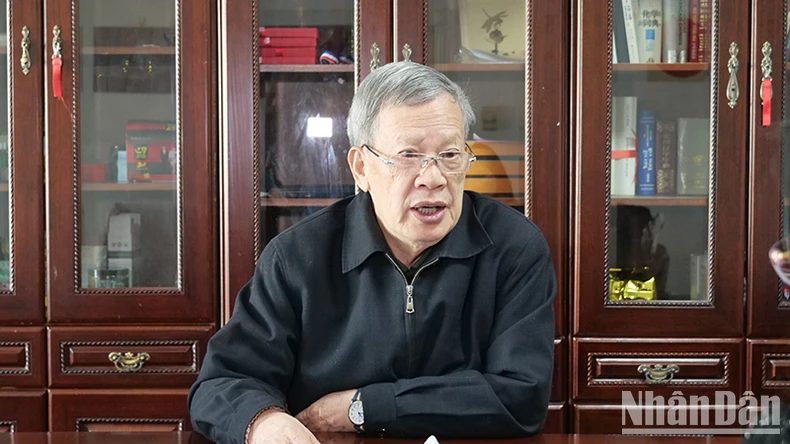

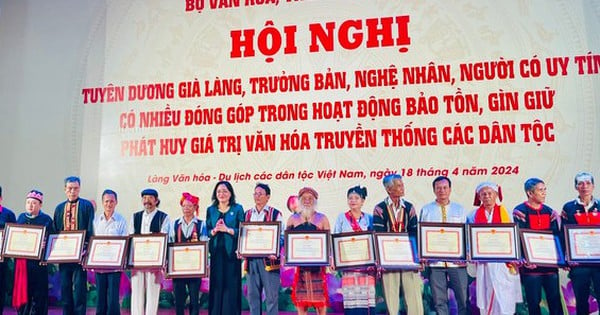


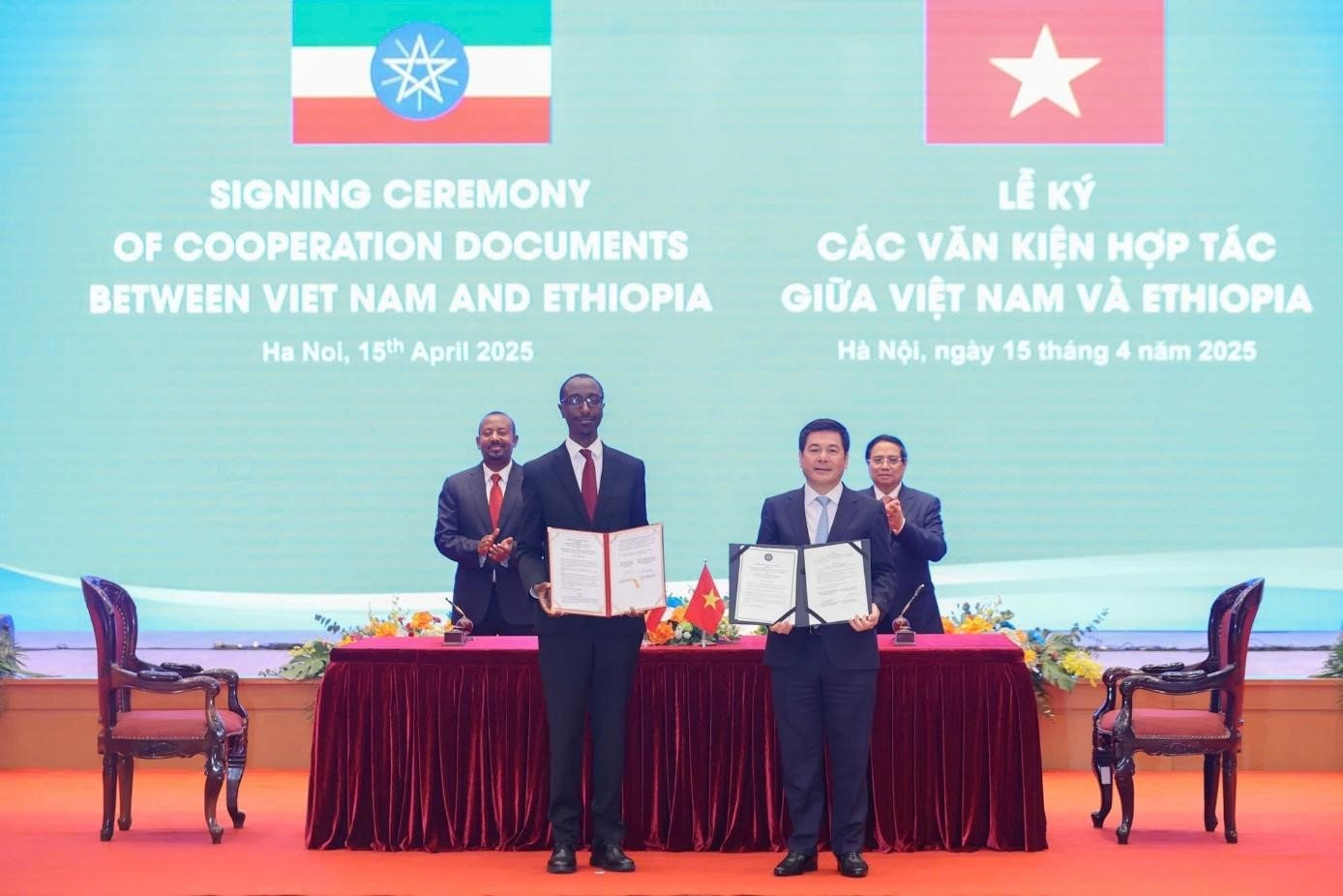



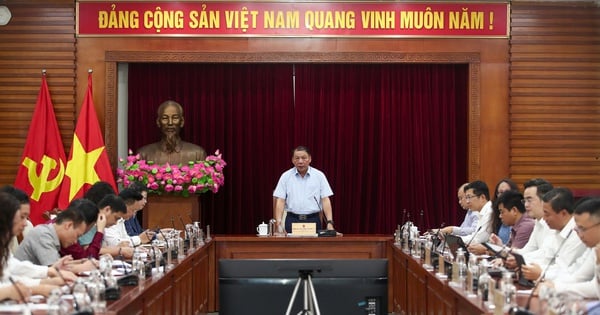

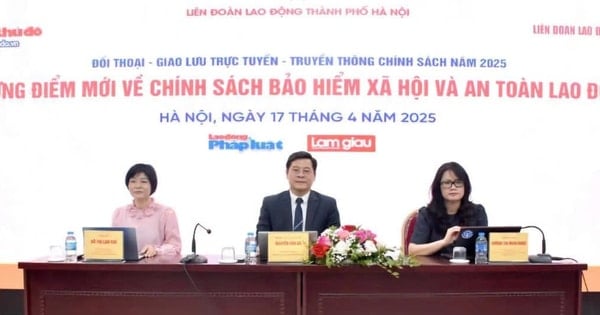

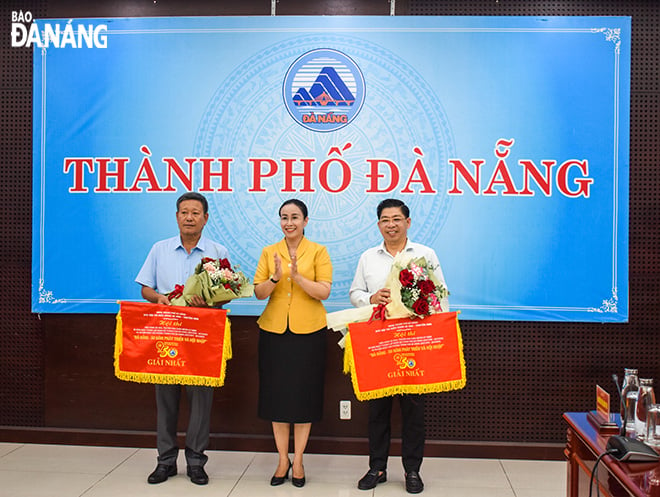

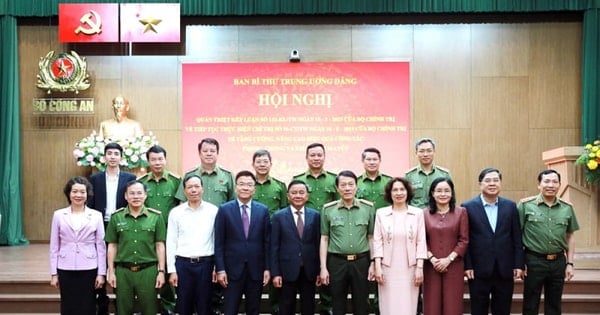














Comment (0)